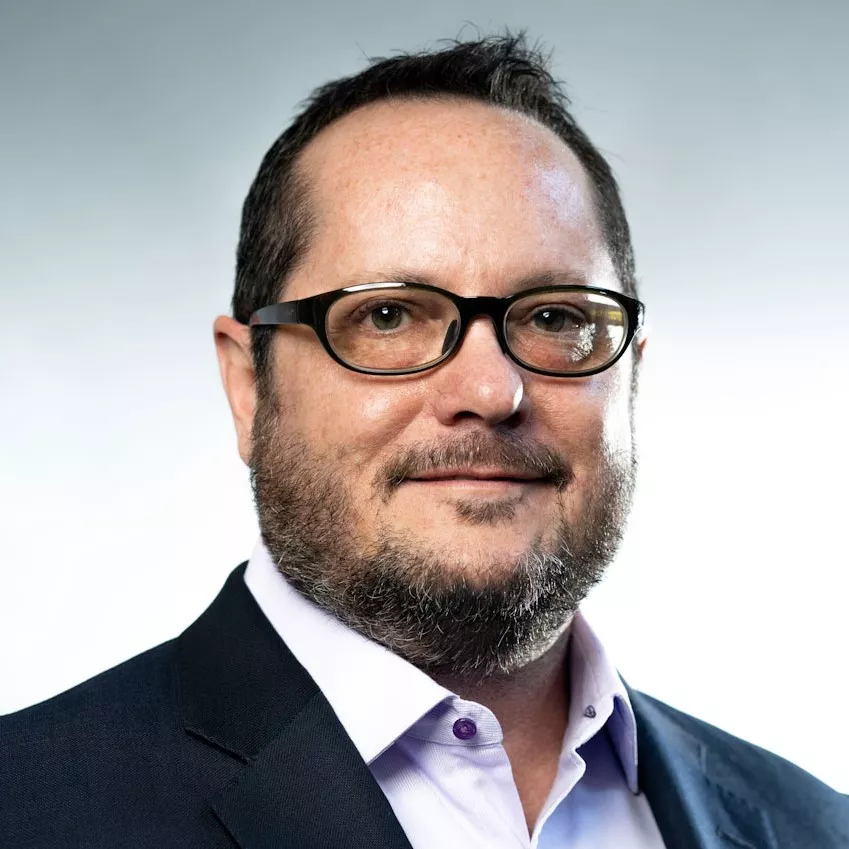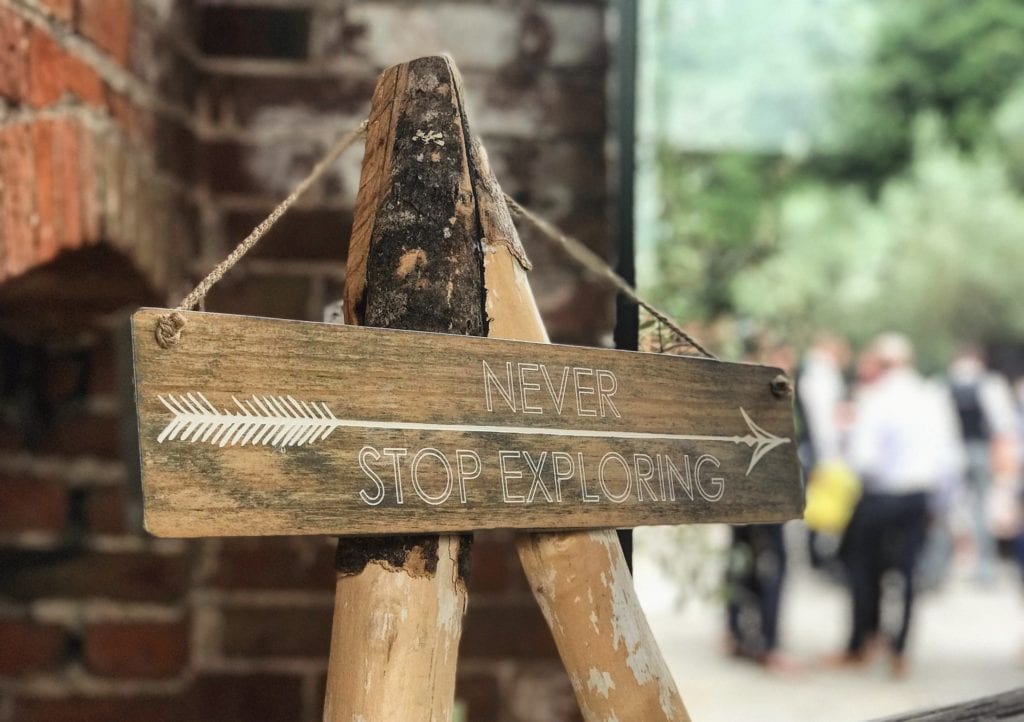What really happened over the last ten years? Prior to current practices, data center hardware and hardware infrastructure experts were heavily involved in the procurement of hardware support – particularly when it applied to independent support for post-warranty hardware assets. During the vetting process, it was you who asked the really good questions and absolutely knew how to mitigate risk for mission-critical assets. You knew well how to discern critical from non-critical assets. You knew the questions to ask to ensure vendors being vetted had established:
- An appropriate expertise for on-site techs, as well as Level 3 or 4 phone support
- A realistic parts sparing model, under which the most critical assets indeed had parts readily available within the SLA – so techs arrived on-site with parts in hand – NO FAIL!
- Call-home technology for the most critical hardware assets
- A robust incident/asset tracking portal with a developed base of report views that provided valuable information to those accountable for the hardware
Sadly, in the last ten years I have observed that the lion’s share of hardware support bid opportunities are being led by IT Procurement, and Data Center Ops has little, if any, involvement. Most that are new to IT Procurement do NOT know to ask the good questions that you once asked. Your hard questions – even challenges – made our business better! Your expertise truly helped the entire industry of independent hardware support providers (aka Third Party Maintenance) improve our support infrastructure, personnel and service quality.
It seems that procurement is primarily incented on savings (chasing “lowest price”), but do not know how to protect system up-time, let alone MTTR (Mean Time to Repair). As a result, and many of you have probably already felt it, the quality of the service you are receiving is diluting, further and further every year that passes. Support vendors that are continually pushed only to lower pricing will eventually sacrifice something, somewhere. Certainly members of your team also had the skill to identify when service dilution measures had begun – especially when vendors are not being transparent about it.
What caused so many of you to leave these important support decisions entirely in the hands of IT Procurement? We truly miss the value YOU brought to the table!
Certainly, it was your knowledge and leadership that helped ensure fair support pricing, for “apples to apples” comparisons. You knew that the configurations of each hardware asset were necessary to ensure mutually protective pricing and service continuity. But, perhaps the ITAM teams should be collecting that information for you.
Unless IT Procurement and Data Center Operations are again able to return to a reasonable level of collaboration in the procurement of hardware support, I fear that many enterprise IT clients will be paying for levels of support not consistent with what is really needed. For those of you in Data Center Ops, I welcome your connection requests in LinkedIn so that we can further discuss what happened, why and how we might help you get a leadership seat again at the maintenance vendor vetting table.
Please follow our LinkedIn Company Profile (www.linkedin.com/company/evernex/) and/or request a connection to me at: www.linkedin.com/in/toddbone/
Follow Us On LinkedIn






